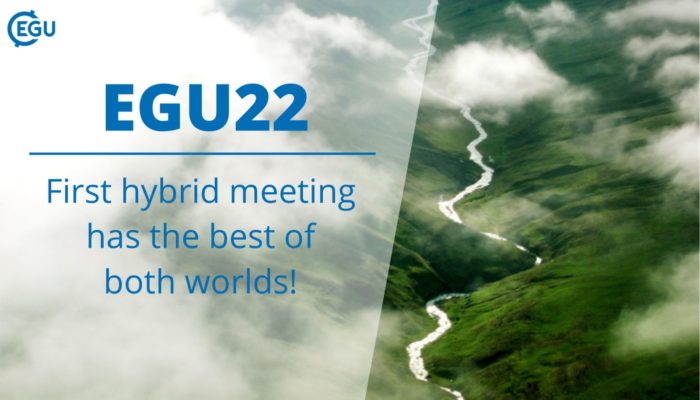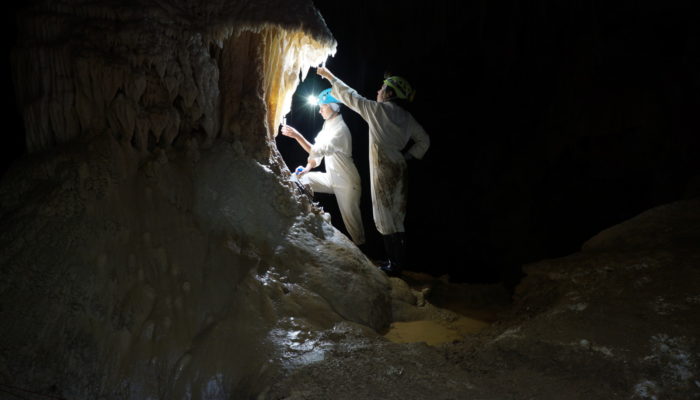The last couple of years have changed the way we communicate with each other – both in our professional and personal lives. The pandemic has inspired many of us to experiment with and embrace new digital ways of working, catching up with family and friends, networking, and more! This is also true for the way we share scientific research. In the digital world though, we’re sometimes mor ...[Read More]
How to EGU22: the first hybrid General Assembly has the best of both worlds!
Since the first EGU General Assembly in 2004, the European Geosciences Union’s annual scientific conference has welcomed thousands of researchers from all over the globe, every year. As the event grew in scale, we found a home in Vienna, Austria, attracting scientists, science for policy researchers and journalists from around the world, to discuss the latest developments in the Earth, planetary a ...[Read More]
Women in science: Inspiring and honest stories that call for support and change
Sometimes, a simple story in a book or movie lights a spark and makes a young person curious about science. These young minds grow up dreaming to be mathematicians, scientists, doctors, engineers, technologists, and astronauts. But the road to being a woman or girl in science is rarely an easy one – even today in 2022! Despite the collective awareness of and push to break gender barriers and dispa ...[Read More]
Using comics to talk about sexism in science: how ‘Did this really happen?!’ is trying to change the conversation
1953: Marie Tharp created a map that showed the seafloor was spreading via the Mid-Atlantic Ridge and therefore proved the theory of plate tectonics, only for it to be dismissed as “”girl talk” by her (male) supervisors. 1968: A few years after winning the Nobel Prize (without crediting her work), James Watson wrote about Rosalind Franklin saying “By choice she did not emphasize her feminine quali ...[Read More]




